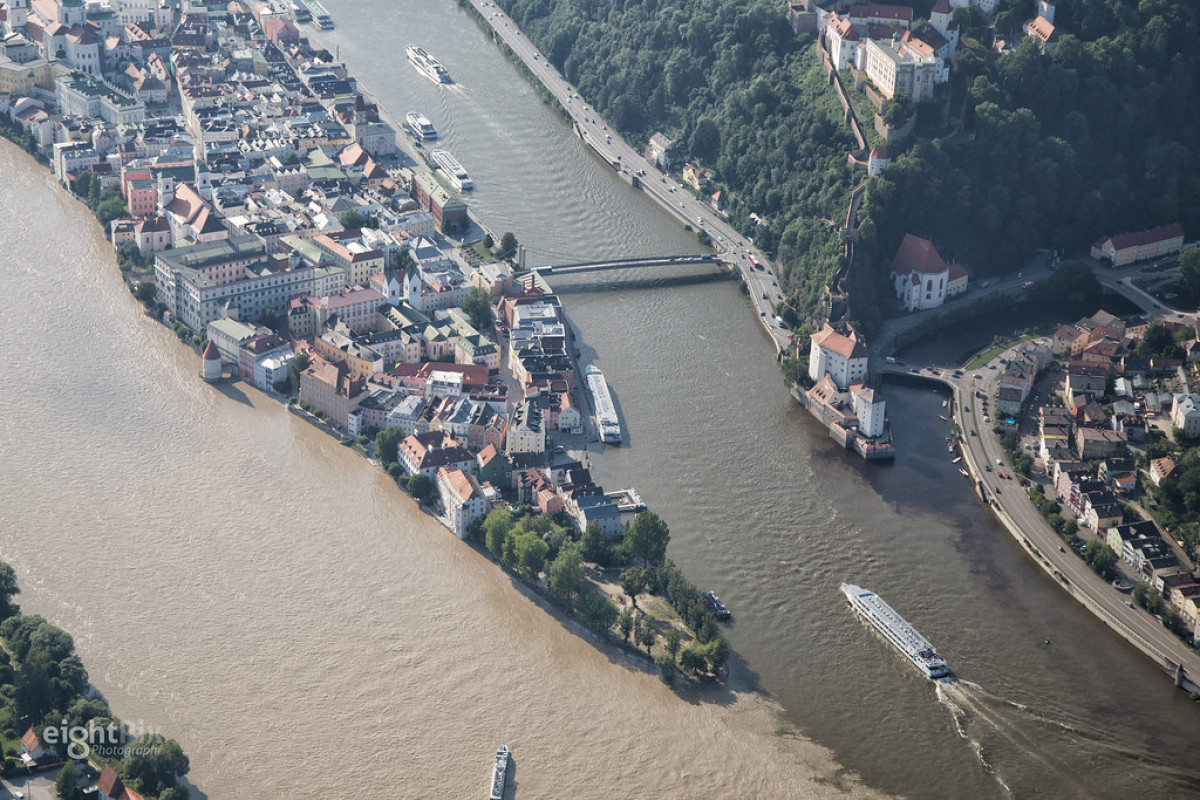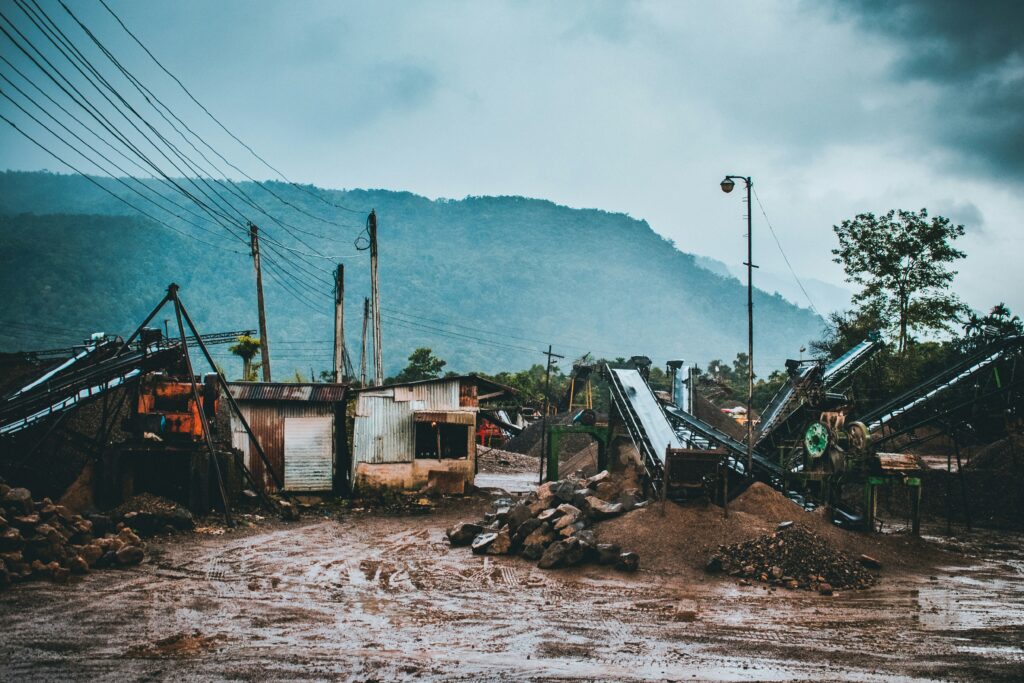The shocking floods in Germany and Belgium earlier this month have led some climate change experts to believe the global crisis may be spinning out of control.
July has seen record-breaking temperatures in the US and Canada, the UK in the midst of a melting heatwave and the torrential rain across many areas of Western Europe, which took many lives, left thousands of families homeless and caused blackouts as power stations went down.
Climate change scientists have warned that floods and droughts could be some of the key consequences of man made weather extremes, with carbon emissions at the heart. But even the most pessimistic estimates could not have predicted the record rainfall which Germany saw with Koln Stammheim station seeing 154mm of rain over 24 hours, its previous record was 95mm.
“I am surprised by how far it is above the previous record,” Dieter Gerten, professor of global change climatology and hydrology at the Potsdam Institute for Climate Impact Research, said in The Guardian. “We seem to be not just above normal but in domains we didn’t expect in terms of spatial extent and the speed it developed.”
The floods have sparked significant political debate across Germany, with many lining up to criticise the government’s handling of the climate concerns. German interior minister, Horst Seehofer was quick to blame global warming for the issues, saying: “These extreme weather conditions are the consequences of climate change,” Mr Seehofer said. “We have to prepare much better for this, including when it comes to flood protection.”
Not all scientists were surprised, with Carlo Buontemp, director of the Copernicus Climate Change Service saying that it continues a worrying trend.
He said: “With climate change we do expect all hydro-meteorological extremes to become more extreme. What we have seen in Germany is broadly consistent with this trend.”




